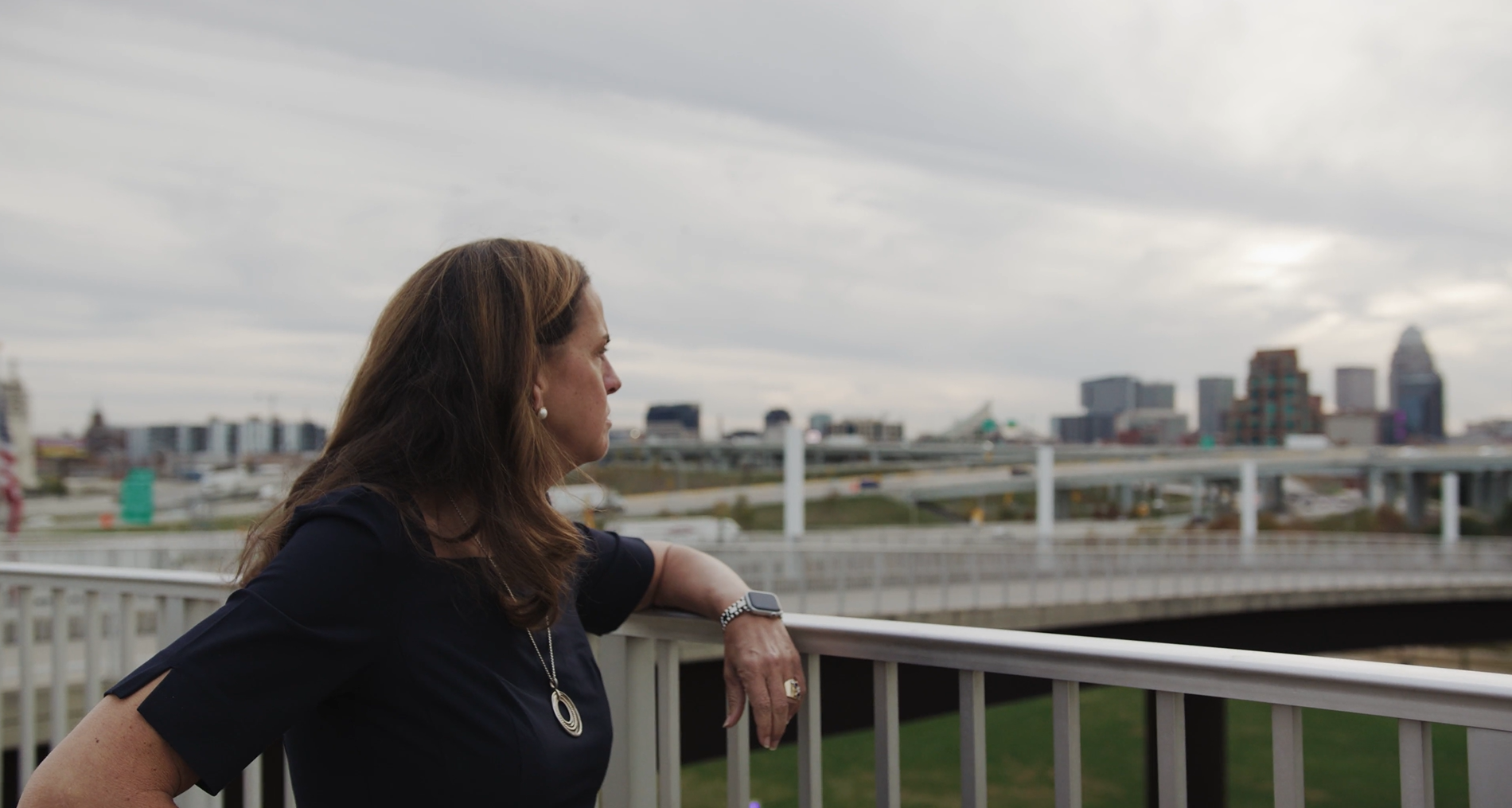By Bryan Silver
As headlines continue to illuminate an opioid epidemic that some public health officials have called the worst drug crisis in the nation’s history and the use and abuse of prescription medication by individuals from all walks of life is at an all time high, there’s one glaring aspect of our self-created drug culture that gets far less attention than it deserves—and that’s how it’s affecting our children.
There is the obvious injury to our nation’s young in the way of neglect or abuse at the hands of drug-abusing parents. Many of us have seen the viral images of toddlers left unattended in cars while their parents sleep off an opioid high in the front seat. We have heard of foster care systems in heavily affected areas being flooded almost to the point of failure with these victims of poor parental choices. Worst of all, we realize it’s an injury that extends throughout a family as some of these children are predestined to make the same mistakes in their lives and with their children as they grow older.
The detrimental effect is not always this obvious, though. Case in point—the arrest of Tiger Woods. Once a role model for young want-to-be athletes everywhere, Woods brought attention to the rising “drugged” driving phenomenon when he was arrested after falling asleep at the wheel in the middle of a roadway near his home in Jupiter, Florida. For the first time in history, data (according to a recent study conducted by the Governors Highway Safety Association) shows that fatal wrecks are more likely to be caused by driver’s with high levels of either prescription or illegal drugs in their system rather than alcohol. Couple these findings with the fact that one out of 12 children currently take some form of prescription medication to treat emotional or behavioral difficulties and you can see where things might be headed in coming years. The question is, what are we willing to do reverse this trend?
Above all, let’s not overlook the physical effect that drugs are having on our youth. One study from Stanford researchers raises concerns over what drugs prescribed to elementary school-aged children could be doing to their brain development, while our courts continue to weigh cause-and-effect with numerous cases of young men growing permanent breast tissue after years of taking Risperdal to treat autism.
The point is that you don’t have to look far to see evidence of how today’s social choices are having a negative effect on our children. The question is whether or not, as a society, we’re going to let these serious issues continue. Maybe it’s time we own up to our indiscretions. That we face the music. Take our medicine. The problem is of our making, and so should be the solution—but if we don’t act soon, it could be too late for far too many kids.
